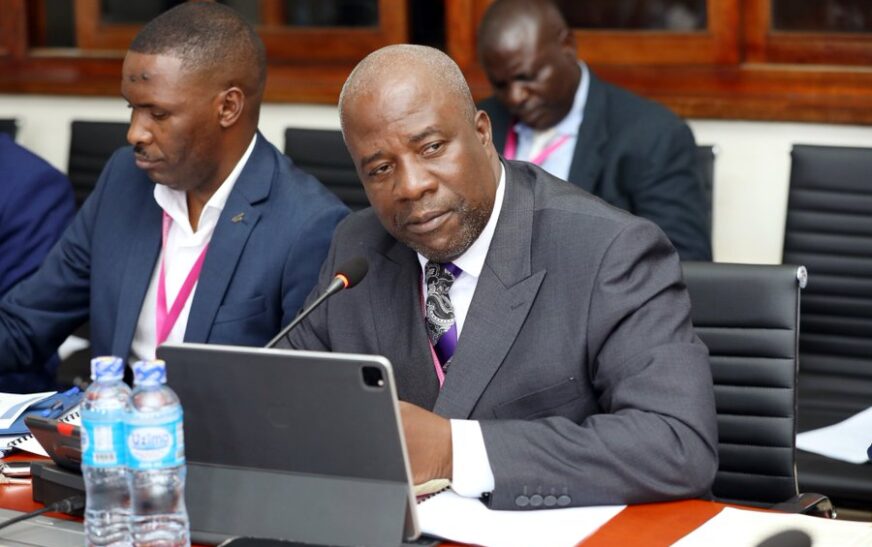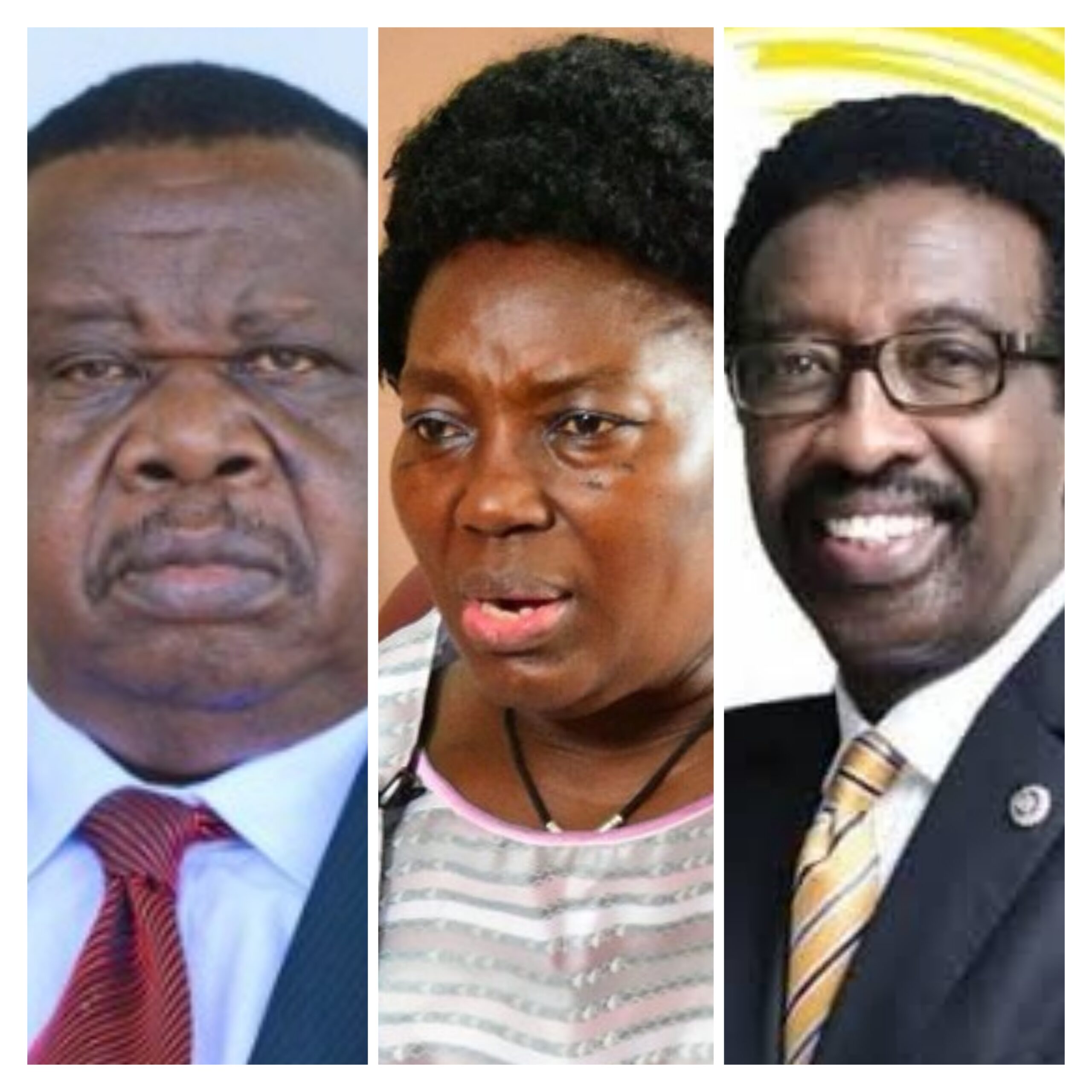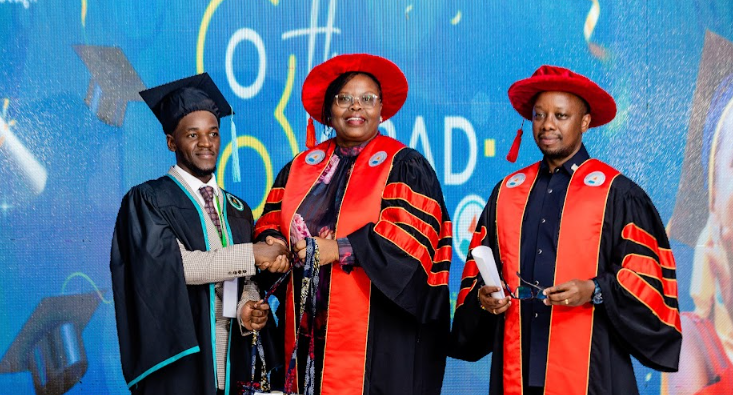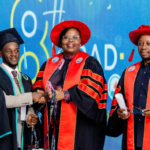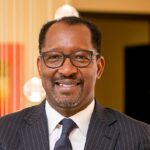Bishop David Kiganda, founder and senior pastor of Christianity Focus Ministries, has called on President Yoweri Museveni to actively involve religious leaders in the fight against corruption.
According to the Inspectorate of Government, Uganda loses approximately Shs 10 trillion annually to corruption-related activities. This pervasive vice has eroded public trust, hindered infrastructure development, delayed project implementation, discouraged investment, compromised social services, and, in severe cases, resulted in loss of life.
The Corruption Perceptions Index (CPI) 2023 ranks Uganda 141st out of 180 countries, with a score of 26—where 0 represents a highly corrupt state and 100 signifies a corruption-free nation. This poor ranking underscores the urgent need for robust anti-corruption measures to restore public confidence and improve governance.
Speaking at Old Kampala SS playgrounds, Bishop Kiganda emphasized the need for religious leaders to be given an active role in combating corruption.
“We want to contribute to the fight against corruption, but sometimes President Museveni may think we haven’t done our part. The reality is, our hands are often tied because we lack the authority to take action,” he said.
He urged the president to consult religious institutions when making key appointments, arguing that some appointees have failed to meet expectations.
“If appointees were recommended by their respective places of worship, it would enhance accountability. Religious institutions could either endorse or reject their reappointment, particularly in cases involving corruption and mismanagement of public funds. Many appointees have misused government resources, and this must be addressed,” he added.
Bishop Kiganda suggested that requiring candidates to secure recommendations from religious leaders before appointment would foster greater accountability. He believes this approach would actively involve faith leaders in the anti-corruption fight and strengthen ethical leadership.
In addition to his anti-corruption message, Kiganda warned religious leaders against engaging in partisan politics as the 2026 elections approach.
“It is unacceptable for religious leaders to wear political party colors or use the pulpit to campaign for one party over another. Religious leaders must remain neutral. Supporting a political party should be a personal decision, not one that influences your leadership over a diverse congregation,” he stressed.
He further cautioned against using religious platforms for political endorsements.
“By openly endorsing a political agenda, you risk alienating some members of your congregation. The house of God should be a place of comfort for all, not a battleground for political divisions,” he concluded.

